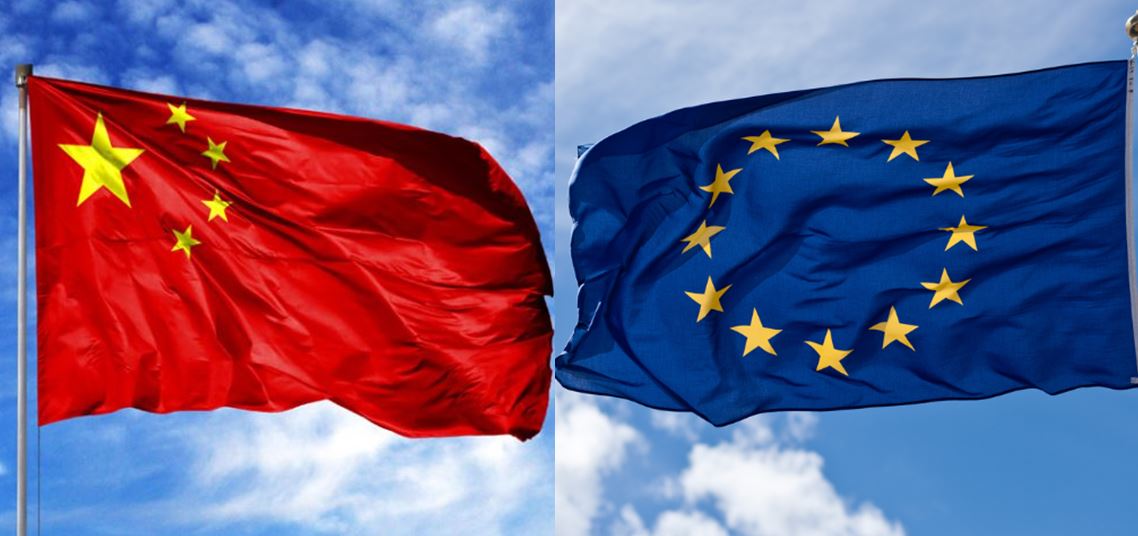The political authorities of nation-states of Europe, as well as that of the European Union, are worried about Chinese takeover of capital hungry European companies, and therefore, the rules of political-economic setup are being amended to keep away Chinese companies and allow the European states to buy stakes in companies.
The majority of the European states have free-market economy and states are neither expected to interfere in the functioning of private companies nor to have stakes in these companies. But, earlier this month, the European Union’s competition chief Margrethe Vestager asked the member-states of the European Union to buy stakes in capital-starved companies to keep the Chinese away.
“We don’t have any issues of states acting as market participants if need be, if they provide shares in a company, if they want to prevent a takeover of this kind,” said Vestager in an interview with Financial Times.
“It’s very important that one is aware that there is a real risk that businesses that are vulnerable can be the object of a takeover,” she added.
There is a rising wave of skepticism in European states against Chinese companies as well as the Chinese state. Countries like the United Kingdom and Germany, which earlier allowed Huawei in their 5G program, are now reconsidering it.
But China, which is usually benign for market access, is now threatening the German government about denying the market access for German luxury cars, for which China is a large market. Similarly, it is threatening the UK and Czech Republic governments about restricting entry to the vast Chinese market if the Chinese demands are not met.
A few weeks ago, the European Union was forced to tone down its criticism of China’s handling of Coronavirus and related information, after Chinese objection. EU has toned down the criticism, but its nation-states have resorted to completely protectionist policy against Chinese companies. Recently, the largest economies of the Union like Germany, Italy, and Spain amended their FDI laws to shun any Chinese investment in their companies.
The rising protectionism in Europe would meet a reciprocal act by the Chinese government very soon, but the Chinese government is aware that in the long-run, China is going to lose in this game. Because China not only runs a trade surplus of 62 billion Euros with the European Union but many European companies have their manufacturing houses in the Communist country and provide jobs to millions of Chinese people.
Moreover, majority of the European countries have some of highest per capita income in the world, and a negative income growth for next few years is not going to be a big deal for these nations, but, on the other hand, the stability of Communist regime is at stake if China dives into negative growth territory and millions of people go jobless.
As many countries like the United States and India, which used to be major investment destinations for China, are moving towards protectionism, the only big bloc which can absorb huge Chinese investment in Europe. And therefore, the Chinese companies are targeting debt-ridden European companies for takeover.
But with the strengthening of FDI rules, it seems, European countries have learnt their lesson, and would not trust China again. The call from the European Union competition chief to protect the European companies even if the member-states have to go out of the way to do so shows that Europe is taking all precautions to get into Chinese equity trap. The cheap Chinese capital and its faulty products would have a buyer very soon if it keeps messing up the world like it did in the case of Coronavirus.
In the last few years, many countries have economically colonized by China. Australia, the country for which China accounts for more than one-third of total trade, would be the best example. Australian PM Scott Morrison already said that he is thinking about the domestic economic sovereignty of the country amid the crisis.

